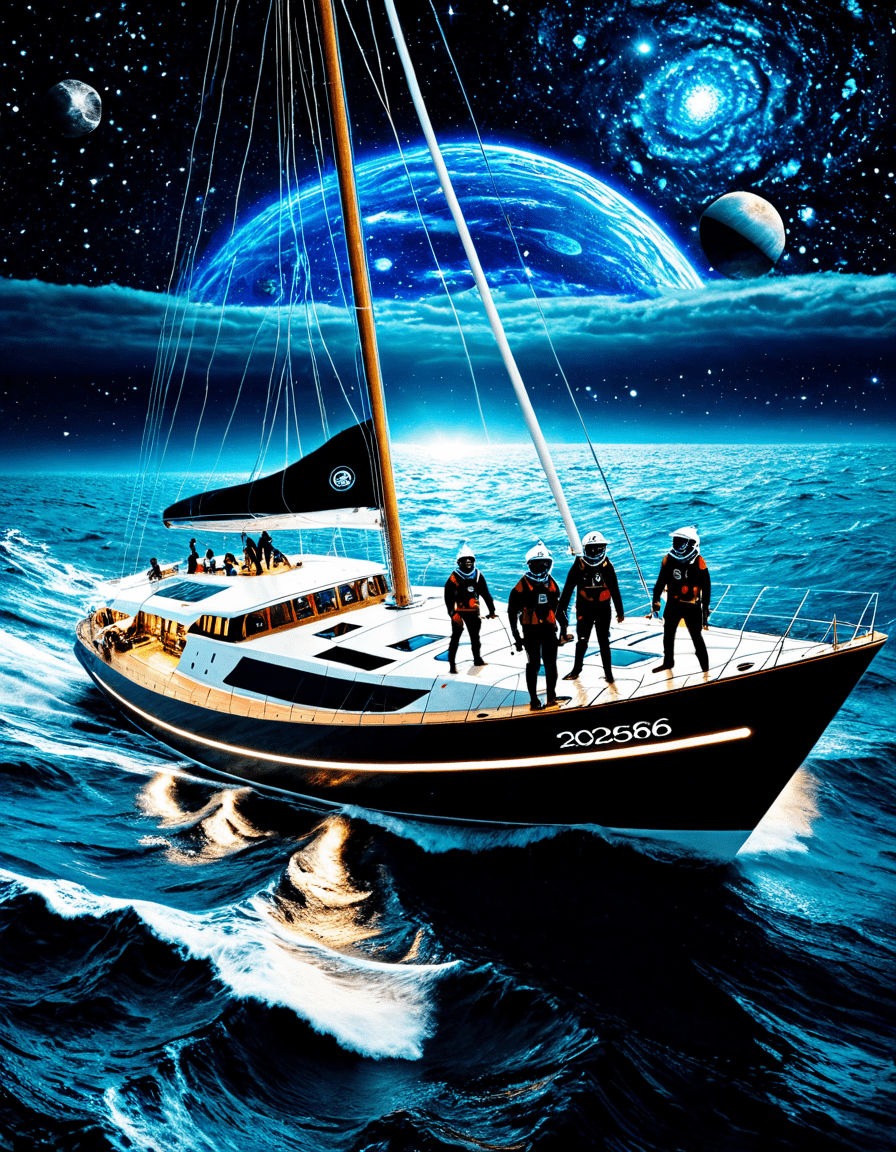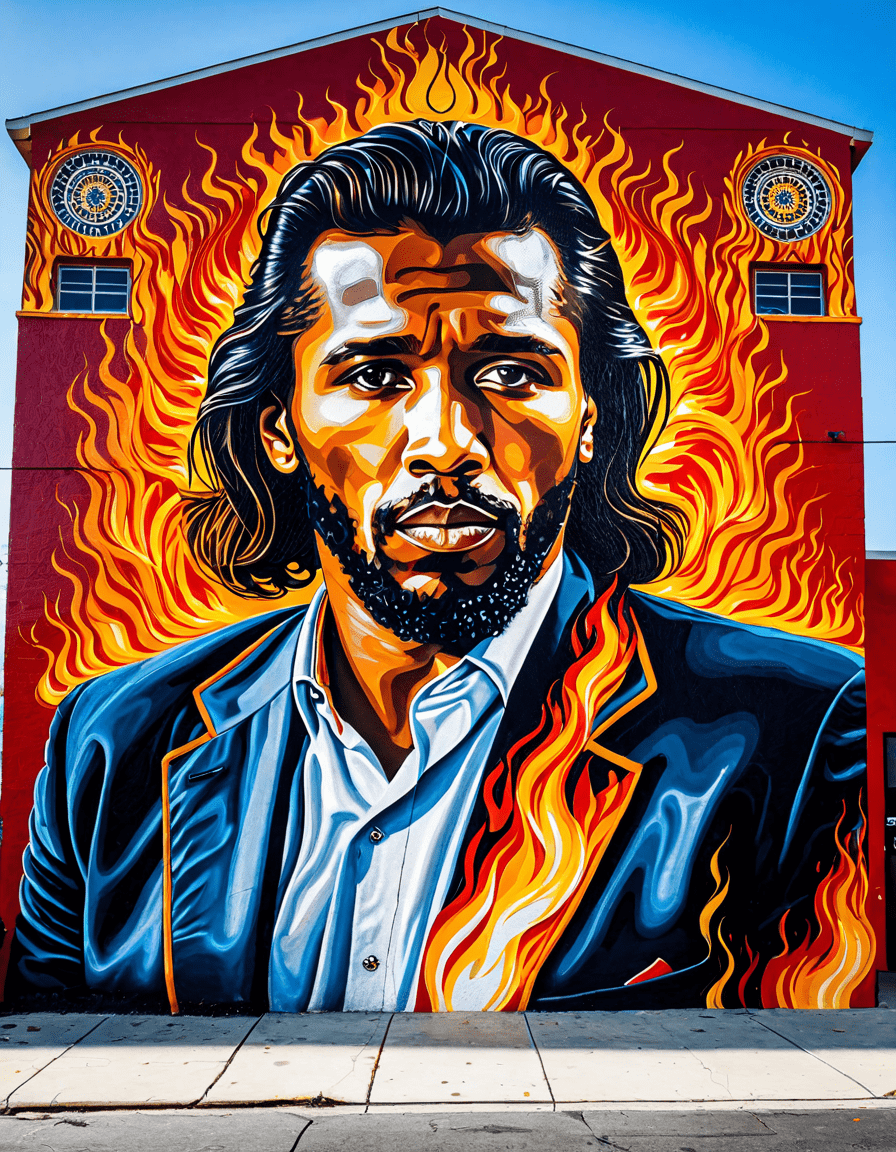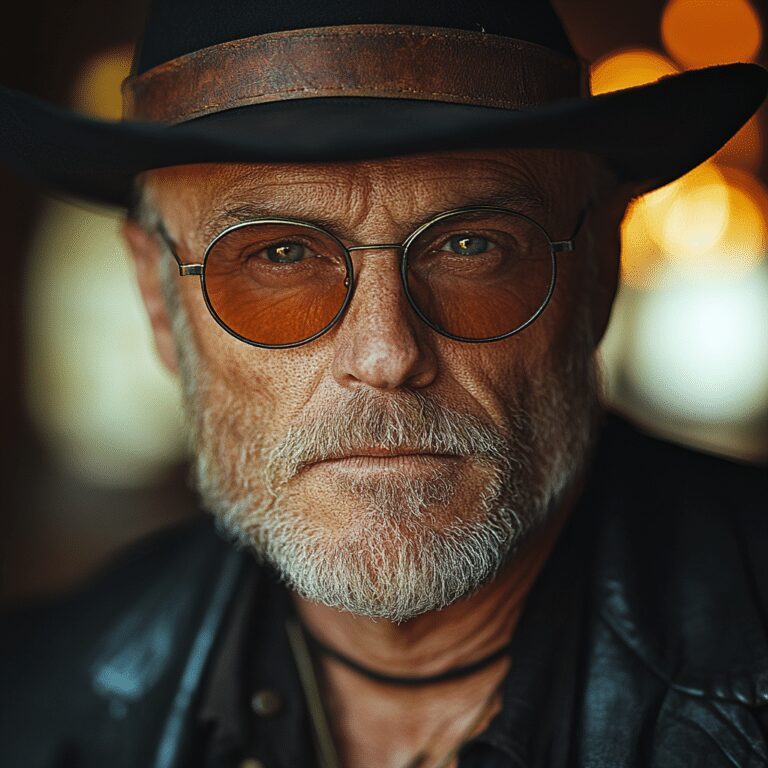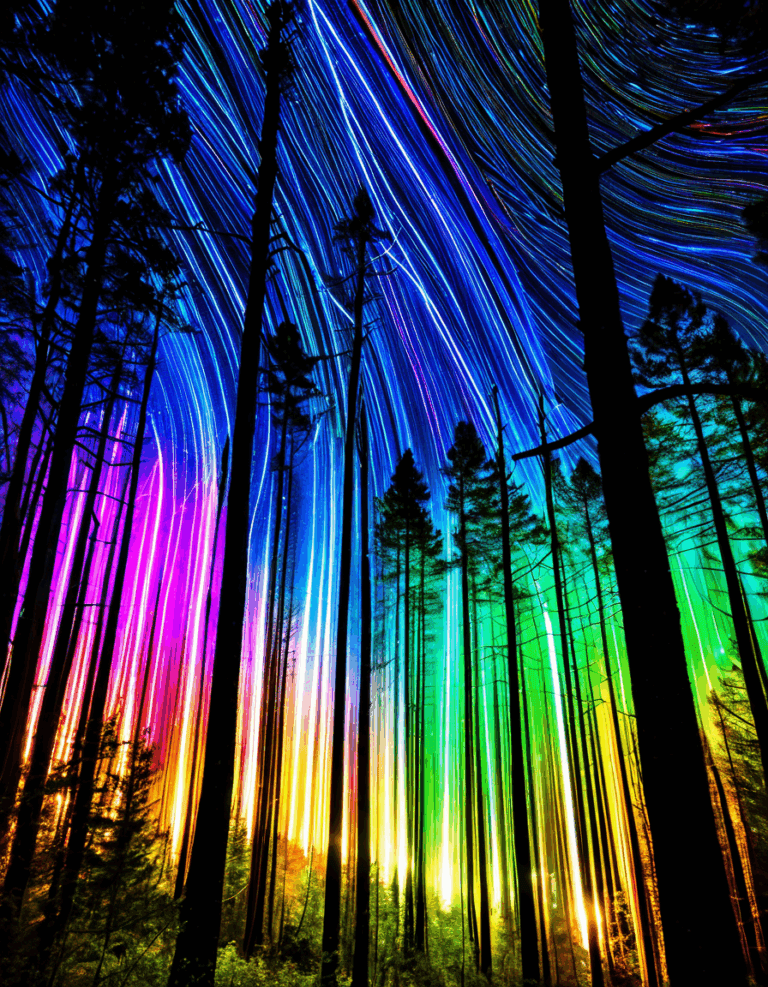The film Don’t Look Up, directed by Adam McKay, burst onto the scene in December 2021, like a firework that exploded into an array of sharp, satirical comments on the pressing existential concerns of our time. This dark comedy isn’t just a fictional tale but a mirror reflecting a world grappling with climate change, rampant misinformation, and a sensationalized media landscape. As we look back in 2026, its relevance feels even more striking, almost as if the absurdities portrayed on screen have seeped into our daily lives. So, let’s dive into the chaotic ocean of Don’t Look Up and see how its waves continue to wash ashore in our current society.
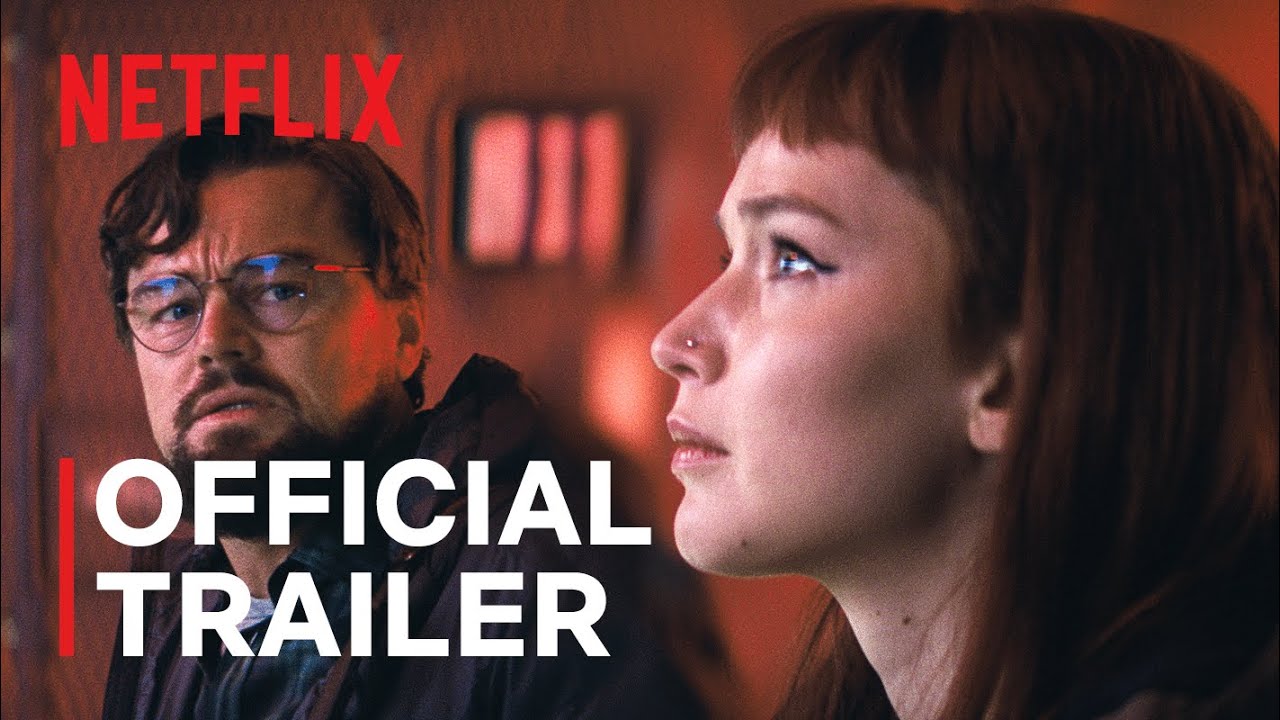
7 Ways ‘Don’t Look Up’ Mirrors Today’s Society
Just think about it: the deluge of information floods our feeds daily, much like the chaotic media environment in Don’t Look Up. Platforms like Twitter and Facebook often prioritize sensationalism over accuracy, making critical issues seem trivial. It’s like the fictional characters in the film who can’t stop discussing celebrity gossip instead of focusing on a comet headed straight for Earth. Does that remind you of our collective fixation on viral trends like the latest reboot of You’ve Got Mail? It’s all too familiar—while the world’s on fire, we’re busy discussing who wore what at last week’s gala.
The film’s portrayal of political leaders—more concerned with their popularity than pressing concerns—is a clear nod to the real world we live in. Cases of climate change policies swept under the rug echo the film’s moments of trivial discourse. With leaders focusing on soundbites instead of actionable solutions, the response to climate change sometimes resembles a game of dodgeball—only the ball is doom on its way. It’s a stark reminder that responsiveness often takes a back seat to politics, much like the absurd conversations that dominate the characters’ dialogues in the movie.
Desensitization is a buzzword we’re all familiar with these days, isn’t it? Don’t Look Up cleverly exposes how people become numb to crises over time, oscillating between panic and calm. Fast forward to 2026, and you’ve got entire communities that react with a shrug to catastrophic events exacerbated by climate change. The phrase “Don’t be a menace” feels like a rallying cry, urging everyone to step up and take accountability instead of scrolling through their phones, blissfully unaware of the chaos around them.
McKay’s biting satire nails how corporations often prioritize profits over ethical considerations. Remember “Bash,” the fictional company in the film? Well, real-world companies like BP are known for their greenwashing tactics—shiny ads that promise sustainability while they continue harmful practices. Brands that churn out faux eco-friendly products highlight a disturbing reality where corporate interests take center stage over ecological welfare. It’s a tough pill to swallow, but the choices we make symbolize a corporate landscape that seems to align more with Don’t Look Up’s narrative than we’d like to admit.
The film illustrates how social media can shape perceptions, often promoting narcissism over meaningful engagement. As platforms like TikTok gain immense influence, younger generations find themselves weighing fame over substance. Just take a look at the meme “that’s my boy”—it encapsulates that feeling of superficial acknowledgment bubbling just beneath the surface. Instead of diving into real issues, people chase after likes and follows, paralleling the characters’ shallow pursuits in Don’t Look Up.
Anxiety about impending doom? Don’t Look Up nails it. The characters wrestle with existential dread that so many of us experience dealing with climate anxiety and social unrest today. Phrases like “I’m OK” serve as fragile shields that many hold up to mask their true feelings. In a world that often brushes mental health concerns under the rug, conversations about vulnerability are more necessary than ever. It’s time we shed our facades and check on each other—because pretending we’re alright won’t cut it anymore.
The reverberations from Don’t Look Up in 2026 just keep rolling in. Artists and creators have leaped into action, launching documentaries and discussions aimed at fostering climate awareness and informed consent. The film has birthed an essential dialogue, challenging us to confront the idleness we often display. Can we really afford to ignore the underlying messages? The film’s clever humor transforms into a sobering call for action, pushing communities to confront their fears instead of scrolling through platforms like Tube 8, escaping reality instead of tackling it head-on.

Final Thoughts: The Lasting Legacy of ‘Don’t Look Up’
Here we are, several years after the debut of Don’t Look Up, facing a landscape that uncannily resembles the film’s absurd world. It’s clear that McKay’s stirring satire serves as a compelling beacon, urging us to reckon with the realities swirling around us. This isn’t just about pointing out the flaws in society; it’s about awakening us to take action. The flickering light it casts should inspire each of us to stand up, question our complacency, and take purposeful steps toward a more conscientious future. It’s time we band together—because the consequences of inaction could lead us over the cliff’s edge, and we’re not equipped for that.
So next time you’re pondering the world in 2026, recall the lessons and laughter we gathered from Don’t Look Up. Let’s rise above the chaos and forge a path that counters apathy with courage. Get ready to engage with the world around you—who knows, the absurdities just might inspire meaningful conversations and lasting change!

Dont Look Up: Astounding Satire of Modern Society
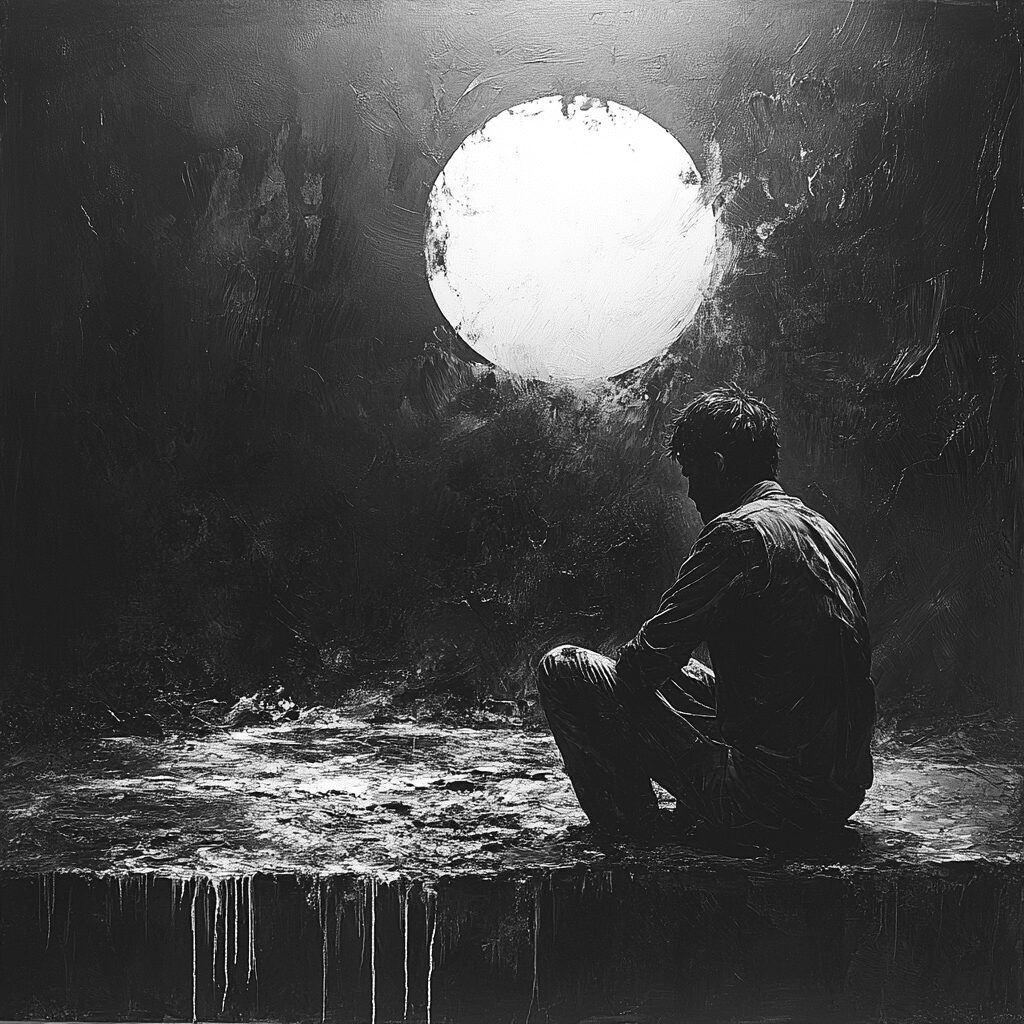
Behind the Scenes Trivia
Did you know that “Dont Look Up” was partially inspired by the real-life challenges of climate change and political inaction? Director Adam McKay wanted to create a film that resembles a hit man movie in its urgency, where the stakes are not just life or death but the future of humanity! In some ways, it’s like watching a high-speed chase with a ticking clock, reminding audiences how quickly we need to act. The fierce satire is a wake-up call, urging viewers to recognize the absurdity of our current state—an idea as striking as a fresh beach towel on the sand after a long day.
Furthermore, the all-star cast, including Leonardo DiCaprio and Jennifer Lawrence, brings this satire to life in a way that feels personal and relatable. Taking a page from the playbook of the classic dracula, the film wonders how society reacts in the face of an imminent disaster. Audiences may laugh, but the message resonates: ignoring a supposedly harmless comet could lead to dire consequences. This mix of humor and distress echoes through modern media, similar to the buzz surrounding a blockbuster film that draws mixed reviews yet sparks vital conversation.
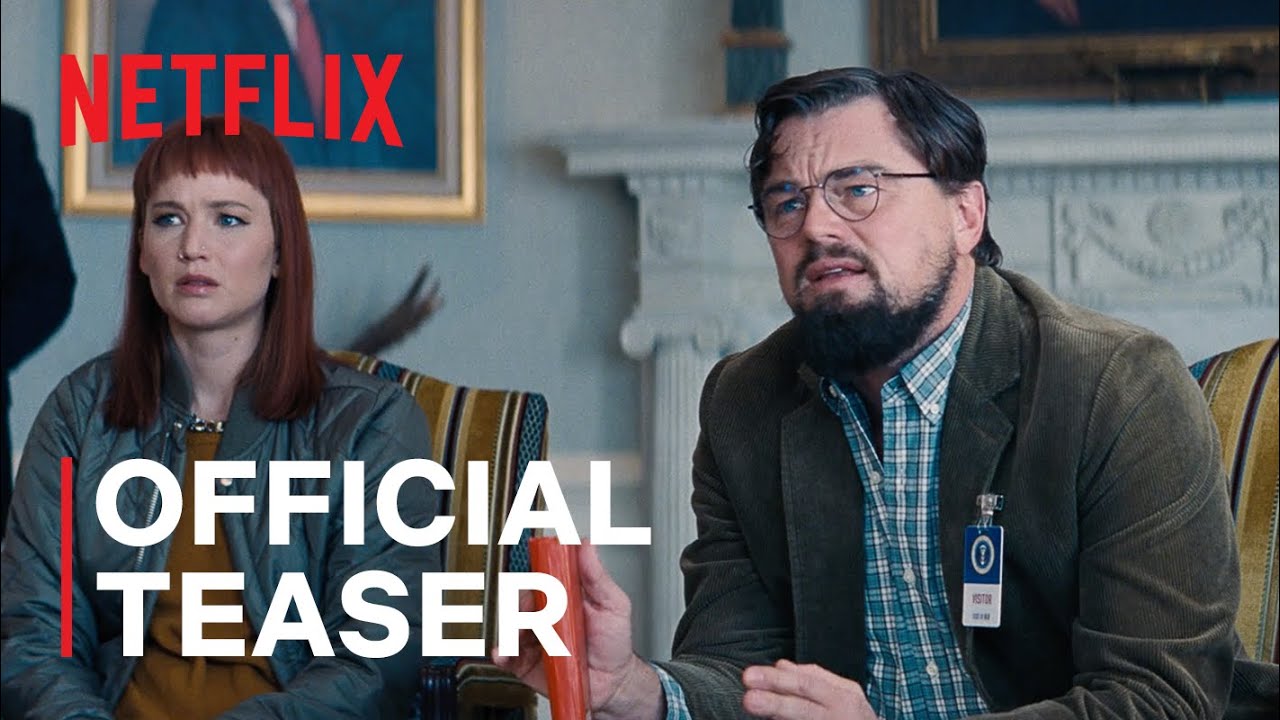
Cultural Impact
“Dont Look Up” isn’t just entertaining—it’s a cultural phenomenon. The movie is representative of how humor can spotlight serious issues, much like a viral clip on Tube 8 that catches you off guard. The absurd cherry on top is its release during a time when the pandemic had everyone questioning foundational beliefs. Viewers across the board found themselves pondering heavy topics, all while being whisked away on this satirical journey.
But wait, there’s more! The film also underscores the financial landscape we inhabit, paralleling the importance of tools like a home down payment calculator when contemplating life decisions. Just like the comets in the movie, financial decisions can come crashing in unexpectedly. All these themes combine to create an engaging commentary that’s undeniably relevant—after all, survival isn’t just about dodging comets; it’s about navigating through crises like a pro! Whether catching a flick at the Amc bay plaza Cinema 13 or cozying up for a night in,Dont Look Up” certainly leaves audiences with more to discuss than just its stellar cast.





